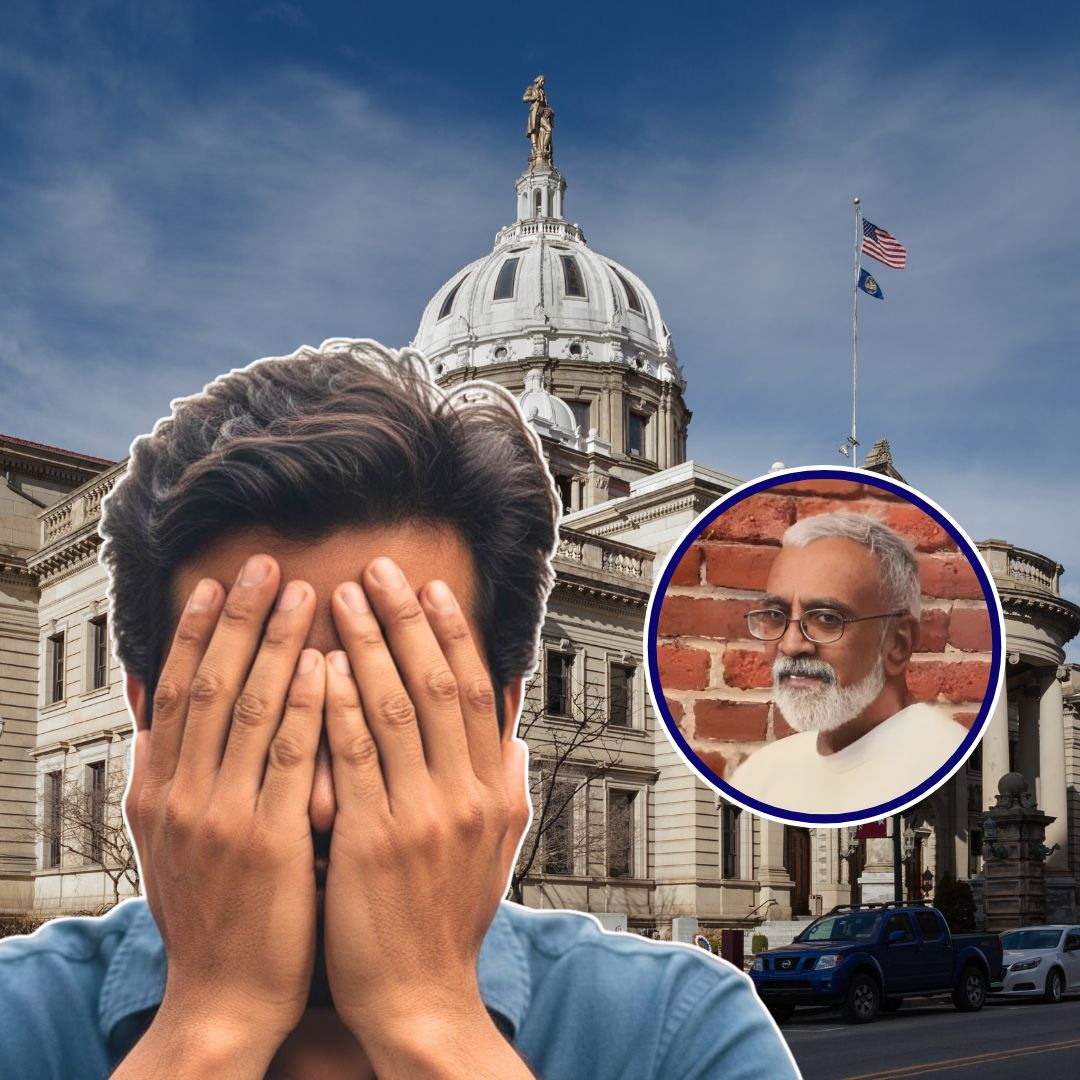Two US courts have ordered immigration authorities to halt the deportation of Subramanyam Vedam, a 64-year-old Indian-origin man wrongfully imprisoned for over four decades on a murder conviction that was overturned earlier this year. Known fondly as ‘Subu’ by his family, Vedam was held at an immigration detention centre in Louisiana, which has an airstrip for deportations.
Last week, an immigration judge paused his deportation pending a review by the Board of Immigration Appeals, a process expected to take months. Simultaneously, a Pennsylvania district court issued a stay on his deportation, giving his legal team critical time to seek permanent relief.
Overcoming a Grave Wrongful Conviction
Vedam was convicted twice in the early 1980s for the murder of his childhood friend Thomas Kinser based on circumstantial evidence, lacking witnesses or a clear motive. \His conviction was ultimately vacated in August after his lawyers uncovered prosecutorial misconduct, including the suppression of new ballistics evidence. During his more than 43 years in a Pennsylvania prison, Vedam made remarkable strides in self-improvement.
He completed three college degrees, including an MBA with a perfect 4.0 GPA, becoming the first in the facility’s 150-year history to do so. Alongside his academic achievements, Vedam ran literacy programs and tutored hundreds of fellow inmates, mentoring them and raising funds for community initiatives.
Deportation Threat Despite Rehabilitation
Following his release in October, Vedam was immediately transferred into immigration custody due to a decades-old deportation order tied to an LSD-related drug conviction from his youth. The US Department of Homeland Security and ICE maintain that this prior conviction justifies deportation, regardless of his exoneration on the murder charge.
Vedam’s family and legal team argue that the years of incarceration for a crime he did not commit, combined with his rehabilitation and deep roots in the US, make deportation an untenable injustice. Vedam’s sister has called for compassion, pointing out that he has lived in the US since infancy and his family resides here.
Supporters highlight that sending Vedam to India, a country he has not known since infancy, would compound the trauma of his wrongful imprisonment.
The Logical Indian’s Perspective
Subramanyam Vedam’s story exemplifies profound flaws where justice and immigration law intersect. After losing four decades to wrongful conviction, Vedam’s case demands more than legal technicalities—it calls for empathy, dignity, and a just path forward.
The legal system must ensure that rehabilitation and humanity are weighed alongside enforcement. Deporting someone who has invested decades in self-betterment and built a life in the US would prolong injustice rather than end it. The Logical Indian urges readers to reflect on how immigration policies can evolve to better honour fairness and compassion.












